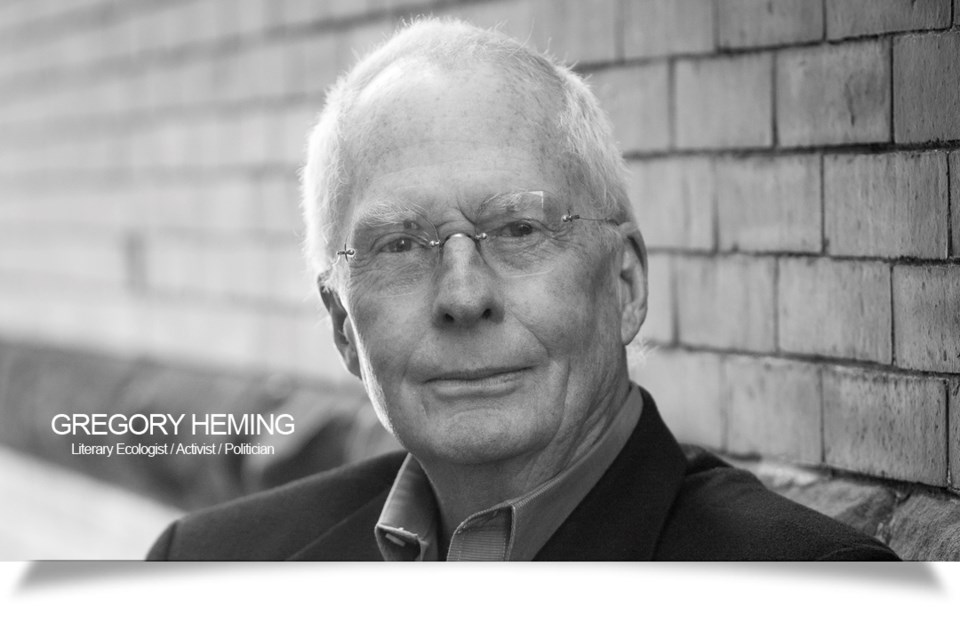Gregory Heming was born in Colorado, but spent much of his life in Canada. He earned a Masters degree in Philosophy at Dalhousie University in Nova Scotia in the early ’70s, ventured north to the Yukon and British Columbia for several years after he retired and found his way back to Nova Scotia in 2010. Along the way, he earned a PhD in Literary Ecology and became a Canadian citizen in 2001.
An activist and thinker concerned about the many challenges faced by small, rural communities, Gregory served on Annapolis County Council from 2012 to 2020 and played a leading role in developing a progressive economic development strategy and climate change action plan for his community.
In this interview, Gregory explains some of the challenges faced by the agriculture sector in Annapolis County and the bold strategies, including local food independence and import replacement that Council adopted. A community consultation process focusing on the forestry sector proposed a shift to a municipal forestry model based on sustainability, selective cutting, and increased allocation of resources to local sawmills.
Recognizing that municipal governments in small rural communities usually lack the staff and resources to mobilize the community and bring about change, Gregory spearheaded the establishment of the Center for Local Prosperity, which organizes workshops and brings in speakers to address the challenges associated with economic development and climate change.
Gregory covers a lot of ground in this interview. He extolls the importance of place-based education, with its emphasis on including within the curriculum content that’s pertinent to the local economy and environment, and offers advice on effective local governance, citing the importance of a code of conduct for orderly discourse and a competent chairperson who is able to guide the proceedings.
An activist municipal council is necessary, he affirms, to overcome the internal disaffection and external exploitation that most communities face. Gregory is also wary of what he calls the “forever growth model” and stresses instead the concept of “a steady state economy.”
